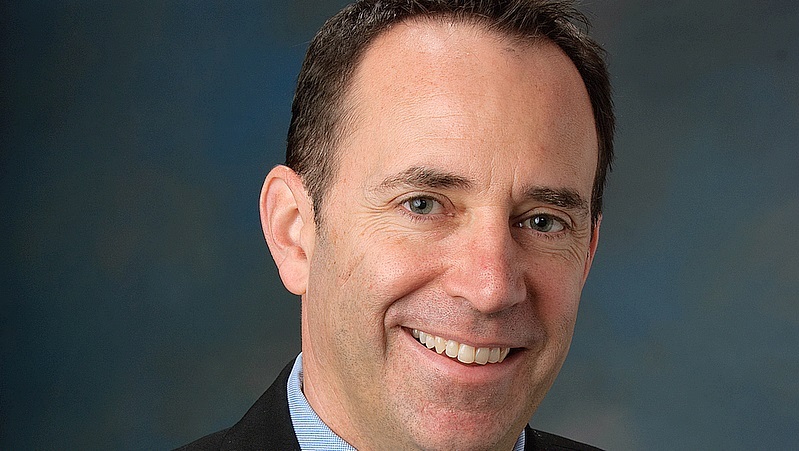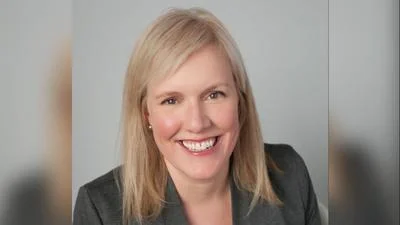Ike Brannon | Provided
Ike Brannon | Provided
Federal Trade Commission chairwoman Lina Khan announced earlier this month that the agency would soon begin scrutinizing gas stations, looking for signs of price collusion, which President Biden recently suggested may be a reason gas prices have spiked in the last few months.
As someone who has studied gasoline prices I can attest that Ms. Khan’s assertion has some basis in fact, and I suggest that she set her sights on Wisconsin, where a law called the Unfair Sales Act imposes strict limits on competition in retail gas pricing. The result is that Wiconsinites pay more for gasoline than consumers in nearby states. In effect as well as intention, the law helps gas stations in the state collude to keep prices high.
Such “minimum markup” laws have their roots in the Great Depression, when a number of states passed laws that inhibited competition across markets. The rationale was that too much competition in a market might eventually lead to a single deep-pocketed firm driving out all competitors, allowing it to act as a monopolist and raise prices well above the competitive level.
However, “cutthroat pricing” is virtually nonexistent: Most retail markets are relatively easy to enter, and a firm that managed to bankrupt his competitors and enjoy monopoly profits would soon see competitors flock to its market, eroding its pricing power. Economists across the political spectrum agree that such laws hurt consumers, and most states have wisely jettisoned them.
But not Wisconsin, where selling anything below its actual cost remains prohibited, regardless of context. A grocery store that advertises milk below cost to attract customers will get a letter from the state’s regulatory authority warning them they are violating the law, although the idea that a community may end up with a monopolistic seller of milk is absurd. Stores like Target and Walmart that offer seniors across the United States a variety of generic drugs for $4 per prescription are forbidden from giving Wisconsin consumers the same deal because of this law.
But Wisconsin’s insistence at limiting gas price competition is by far the most anti-competitive part of these bogus efforts to “protect” consumers, and has cost its residents hundreds of millions of dollars.
Every gas station in the state must sell its gas at least 9.18 percent above the posted wholesale price at the terminal closest to the market. The state enforces the law by allowing anyone—including other gas station operators—to report violations of the Act, and complainants get a large share of any fine assessed, which is $2,000 per day per violation.
The result is that—predictably—Wisconsin’s consumers pay more to fill up their tanks. I found that when the state increased fines and enforcement in 1998 the average profit margin for gasoline went up five cents a gallon. A 2017 study I did with Will Flanders of the Wisconsin Institute for Law and Liberty showed that the law cost Wisconsin consumers even more in the 2000s, when gas prices—and required profit margins—spiked.
The problems with the law are manifold. First, that operating margins must increase proportionately with the price of gas makes no sense—no other costs increase for the gas station operator, so this represents pure profit. When wholesale gasoline prices quadrupled from 1999 to 2007 it meant that gas stations’ profit margins quadrupled as well. That did not happen in other states, where gasoline retailers competitively price gasoline in order to attract customers to their accompanying stores.
What’s more, the minimum markup, combined with other laws, creates an environment that makes tacit price collusion easy, and my studies found considerable circumstantial evidence for this: Price dispersion in Wisconsin markets is significantly less than in other states, which is prima facie evidence of collusion.
When I began researching the Unfair Sales Act in the late 1990s I talked to several gas station operators in Wisconsin who admitted that they communicated with nearby stations on what prices to charge, and that the Unfair Sales Act made it easier to fix prices: anyone who undercut the cartel would be turned into the authorities.
The Federal Trade Commission has already determined that the Unfair Sales Act needlessly inflates prices and should be repealed. As inflation pushes up gas prices--and the requisite profit margins--in Wisconsin, its consumers will pay even more for gas. Lina Khan should use the Commission’s powers to pressure Wisconsin and other states with minimum markup provisions to repeal such anti-consumer laws at once.
Ike Brannon is a nonresident fellow at the Badger Institute and was formerly a senior economist at the U.S. Treasury and the U.S. Congress.


 Alerts Sign-up
Alerts Sign-up